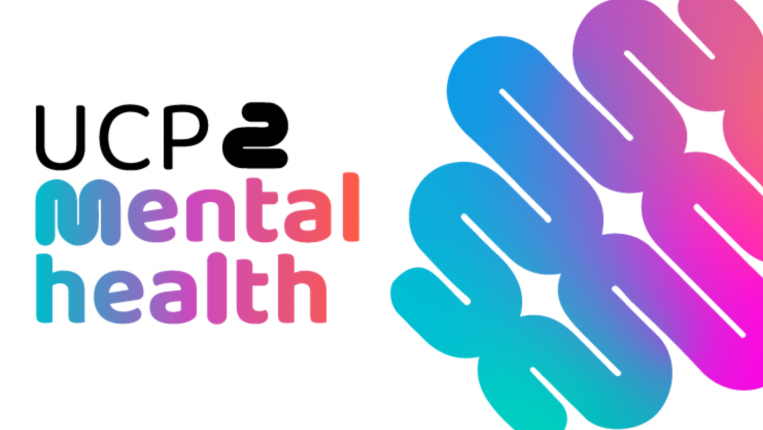As organisations digitise, they accumulate data. Those that can extract knowledge from this data make better decisions and gain a competitive advantage. In any economic sector, a professional with data analysis skills is a valuable asset.
At the end of this course, trainees will be able to manipulate databases and use statistical and artificial intelligence techniques to reveal trends and patterns in data, predict future outcomes, and support decision-making. Theoretical exposure is limited to the essentials, with the focus of learning on the practical application of methods to realistic problems, using widely available tools.
The course consists of five modules, taught in sequence, online and after working hours. Each module is assessed individually and the final course assessment is a weighted average of the module assessments.
After an introductory module, the next module is Simplifying Data, which includes methods for discovering and summarising the main trends and exceptional observations in a data set. In the third module – Predicting with Artificial Intelligence – Artificial Intelligence algorithms are used that learn from the data, for example, to discover customer segments, predict whether a customer is at risk of cancelling a contract, and estimate future sales. The fourth module – Better Decisions with Optimisation and Simulation – covers methods that can support complex decisions such as optimal stock provisioning, employee scheduling, or delivery route definition. The fifth module – Analytics and Artificial Intelligence in Practice – studies several cases of analytics application in different sectors.
General Objectives
- Understand the relevance of analytics in the context of digital transition;
- Learn about examples of analytics applications in different economic sectors;
- Know how to support decision-making with data analysis results;
- Master widely used data analysis tools;
- Know how to manipulate databases: integrate, clean, select, and enrich data;
- Discover dominant trends and anomalies in a database;
- Produce appealing and informative data visualisations;
- Train and evaluate Artificial Intelligence algorithms in forecasting tasks;
- Use simulation and optimisation methods to support complex decisions, while satisfying multiple objectives and constraints.
Recipients
The course is aimed at graduates. Some prior knowledge of mathematics at secondary school level (any scientific area) and basic digital skills are expected. No prior knowledge of computing or mathematics at higher education level is required.
The skills developed are relevant across all sectors and basic scientific areas. However, the course will be particularly relevant for, but not limited to:
- Business managers
- Communication and marketing professionals
- Administrative technicians
- Teachers
- Researchers
- Students
Selection and ranking criteria
Candidates will be selected and ranked according to the following criteria:
- Academic record, considering the classification of academic degrees obtained (tiebreaker criterion).
The final classification of candidates is expressed on a numerical scale from 0 to 20 points.
Assessment
Trainees will be assessed on a scale of 0 to 20 in each of the modules that make up the training, using assessment tools to be defined by the teachers. These assessment tools must be consistent with the objectives and teaching methodologies to be developed in this training, and this consistency must be clearly stated in the description sheets for the various curricular units.
Investment
Value: 100€
The course is eligible for 100% funding under the Cheque +Digital programme. For more information, see: Cheque-Formação + Digital - IEFP, I.P. For assistance in preparing your application, please contact the UCP Braga Student Support Office.
Pagamentos
Payment must be made to IBAN: PT50 0007 0602 0048 4150 0008 1.
The application is only valid after sending an email with proof of payment to: tesouraria.braga@ucp.pt.
The following information must be included in the email:
- Name;
- Tax Identification Number;
- Billing Address;
- Personal Contact Details (Mobile Phone Number and Email Address).
Cancellation Policy
Cancellation is only possible if made at least 5 working days before the start of the training course. Only in this way can a full refund be guaranteed.
Further information
Susana Abreu
- Email: sabreu@ucp.pt / servicosacademicos.braga@ucp.pt
- Telephone: (+351) 935 080 655




